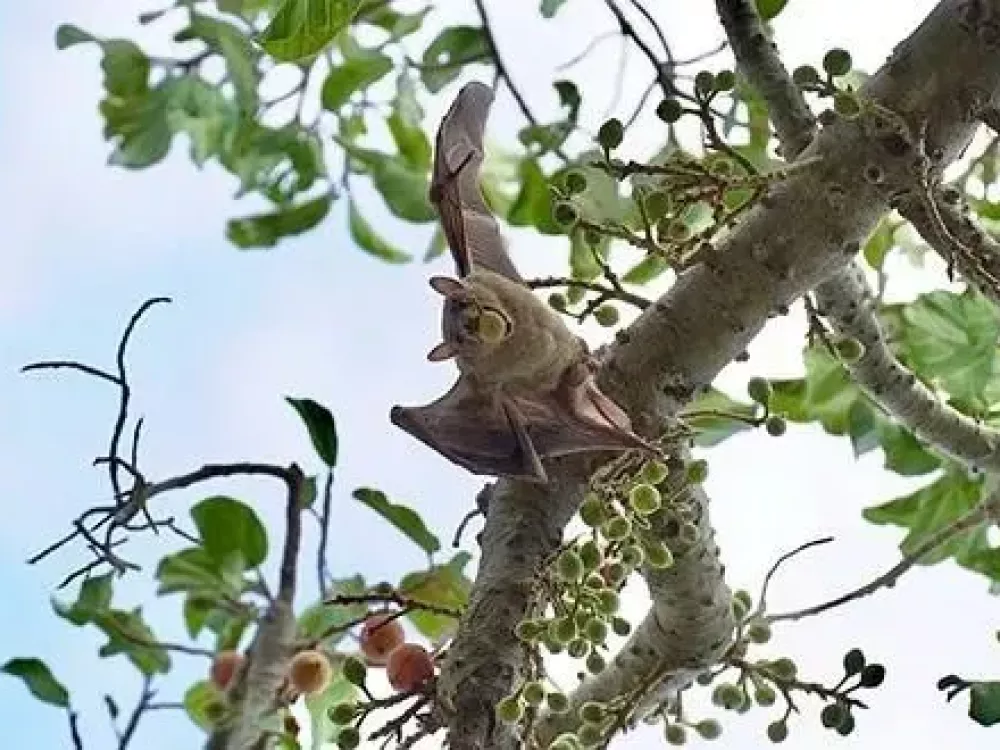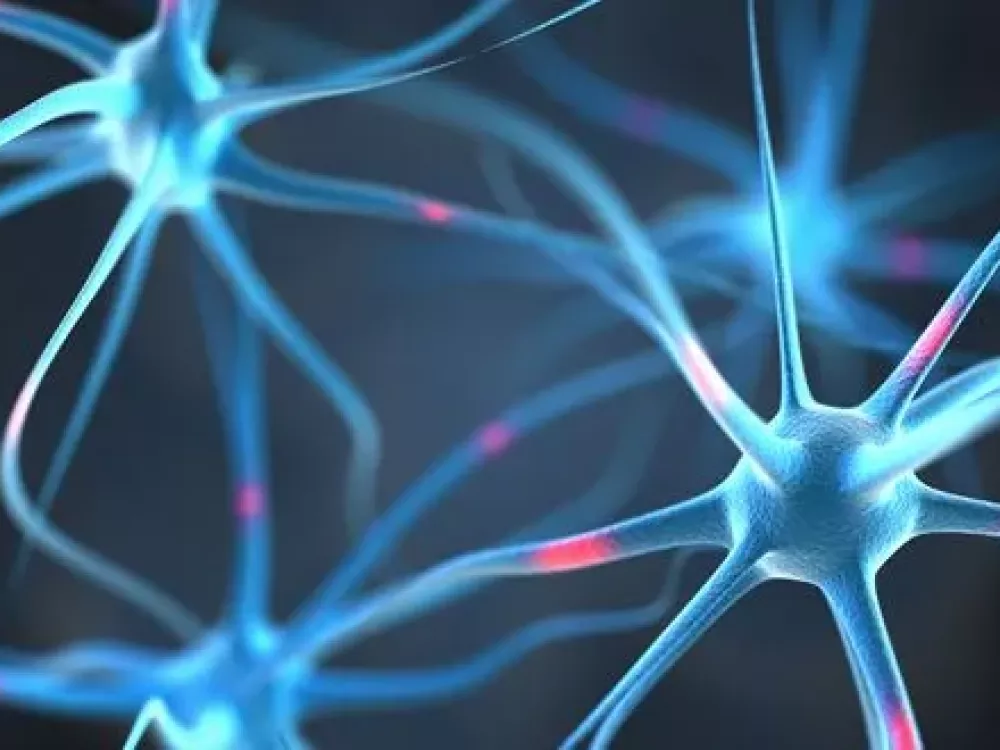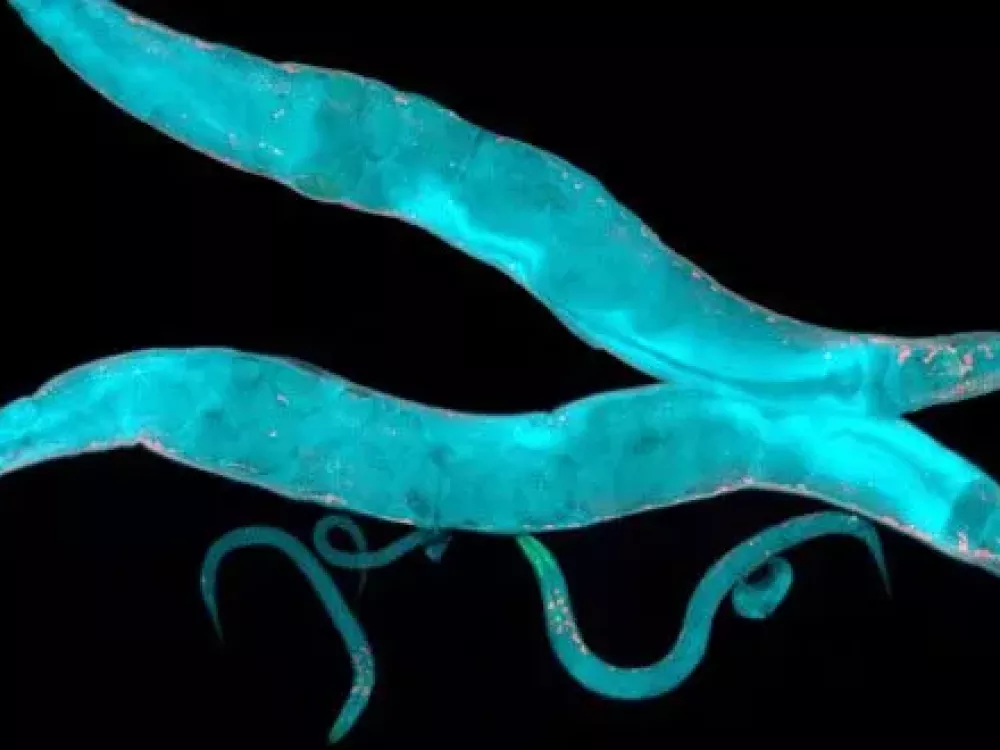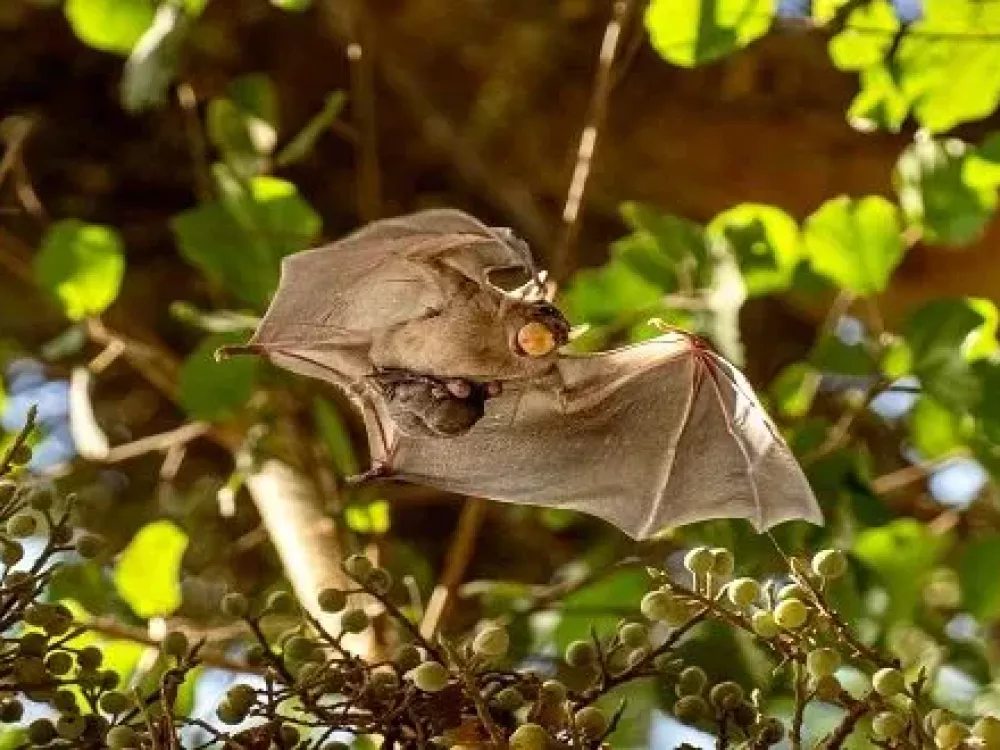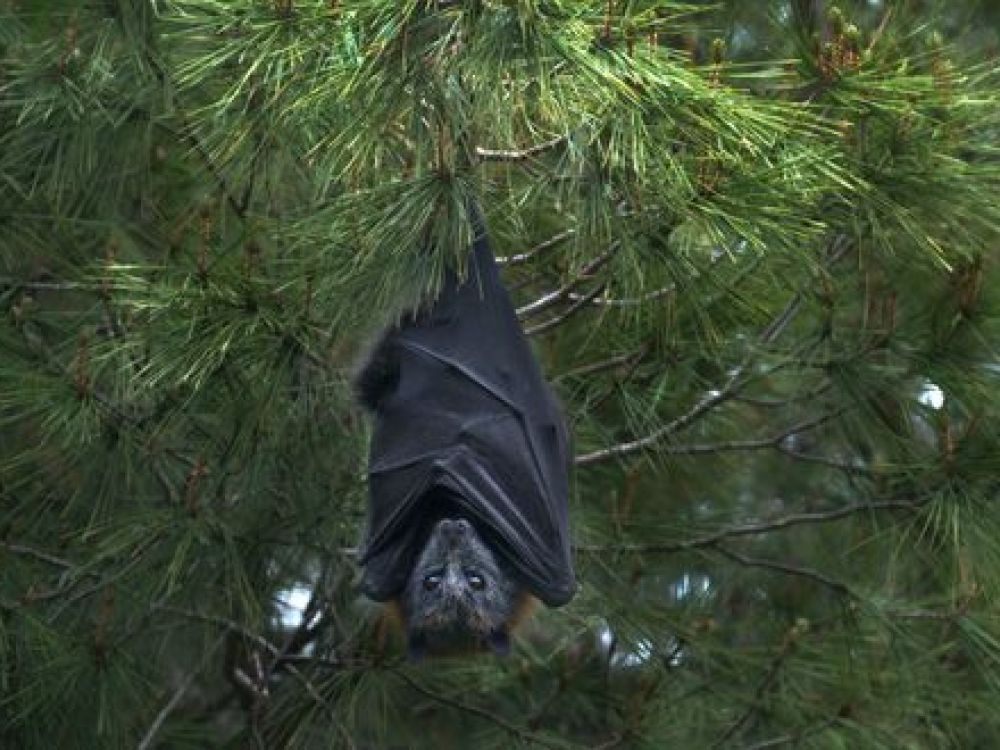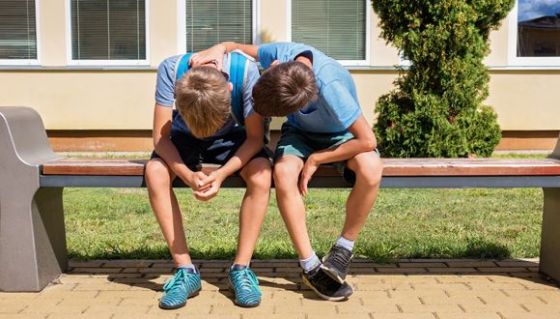
Help A Friend Out?
Help A Friend Out?
Ever wonder what causes us to help – or not to help – someone in distress? New research from the Tel Aviv University indicates that the brain activity that gives rise to one’s motivation to help only occurs when the “other” who is in distress is a member of one’s own group. Interestingly, helping a friend in distress appears to relate more to a sense of group belonging and identity and less to expressing empathy for another’s difficulty and suffering, suggesting that pro-social behavior should be promoted through the reinforcement of a sense of belonging, more than a sense of empathy.
Selective Aid
Previous findings showed that rats do demonstrate empathy for their peers. Rescuing them from trouble and reaching out to help is as rewarding to them as eating chocolate. It was subsequently found that while rats do love to help their peers, they only help members of their own group and not rats from other groups.
In the current study, the research team decided to examine what change in the brain causes this behavioral difference that leads the rats to only help members of the same group. How did they do that? Dr. Inbal Ben Ami Bartal of The School of Psychological Sciences and Sagol School of Neuroscience at the Tel Aviv University explains that during the course of the study, researchers used phosphoric markings to mark those neurons in the rats’ brains that were active when the rats were in the presence of the trapped rats. Similarly, the researchers recorded their cerebral activity by means of a calcium signal that is released when neurons are active.
Cultivating A Sense of Belonging
Their findings are fascinating: Upon seeing the trapped rat, a system in the brain, similar to that seen in humans when they report feeling empathy, was activated. However, only when the rats discerned that it was a rat of their own breed did the researchers observe “helpful behavior” and action by the brain’s “reward system,” meaning – activation of a neural network that inspires motivation to perform acts that contribute to survival. When the trapped rat is from another, unfamiliar breed, the rats do not help it and the brain’s reward system does not activate. Thus, it is a sense of belonging which is the dominant factor that affects social solidarity, and not empathy for the suffering and distress of others.
“This research shows that the reward system has an important function in helping behavior and if we want to increase the likelihood of pro-social behavior, we must reinforce a sense of belonging more than a sense of empathy,” concludes Dr. Ben Ami Bartal.
The team is currently examining what happens in the brains of rats from different groups over the course of two weeks during which they live together and become friends, and how artificial brain stimulation can be utilized to make the rats show empathy for the plight of rats from another breed.
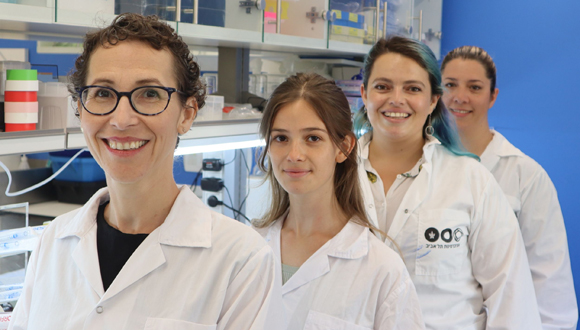
TAU research team: Dr. Inbal Ben Ami Bartal, Tamar Spectre, Estherina Trachtenberg, and Dr. Einat Bigelman (not in the photo: Keren Ruzal and Ben Kantor)
The study was led by Dr. Inbal Ben Ami Bartal of The School of Psychological Sciences and Sagol School of Neuroscience at the Tel Aviv University, in collaboration with Prof. Daniela Kaufer of the University of California and Berkeley as well as additional researchers from Stanford University and the University of Toronto. The study was published in the prestigious journal, eLife.
Related posts

